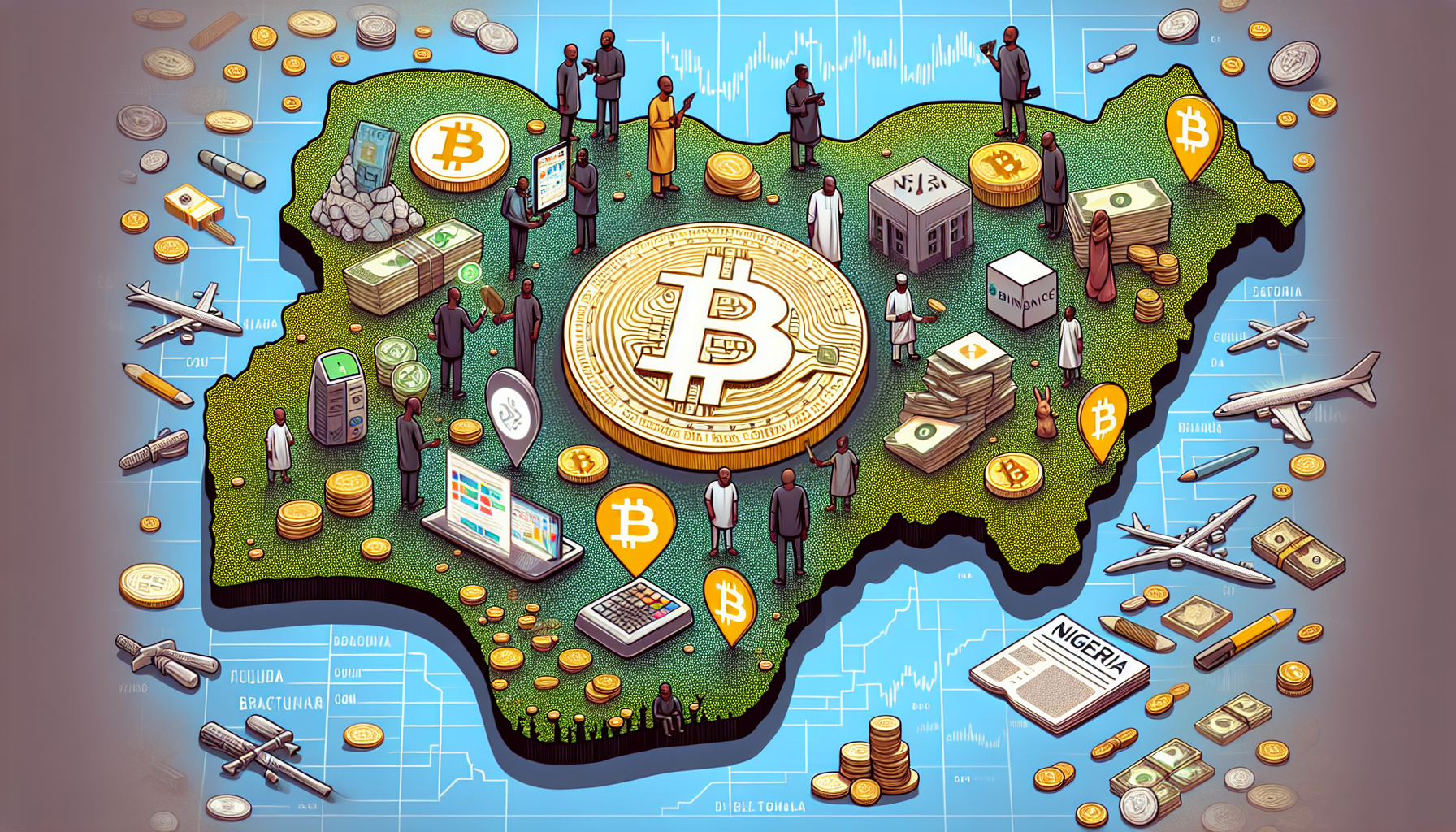Corruption and Cryptocurrencies in Nigeria
In a striking revelation, Ola Olukoyede, the Executive Chairman of Nigeria’s Economic and Financial Crimes Commission (EFCC), has highlighted the alarming trend of corrupt politicians utilizing cryptocurrencies as a means to conceal illicit wealth. During a recent event commemorating the African Union Anti-Corruption Day, Olukoyede raised concerns about the increasing integration of digital currency into investment fraud schemes, particularly emphasizing its links to political misconduct.
EFCC Findings on Cryptocurrency Misuse
He noted that investigations by the EFCC indicate that some politicians are devising sophisticated strategies to hide their corrupt gains in cryptocurrencies, thus evading efforts of anti-corruption authorities.
“Our findings suggest that unscrupulous politicians are successfully utilizing cryptocurrencies to stash stolen funds in digital wallets, making it challenging for us to trace and recover these assets,”
said Olukoyede. While the EFCC’s press release provided limited details, it has not responded to inquiries from Decrypt seeking additional clarification on these claims.
Expert Opinions on the Issue
Experts within the anti-corruption sector recognize the role of cryptocurrencies in facilitating political corruption, although they are cautious about the extent of the issue. David Ugolor, Executive Director of the Africa Network for Environment and Economic Justice (ANEEJ), commented on the lack of verifiable data regarding the amount of unexplained wealth in the form of cryptocurrency held by Nigerian political figures. He pointed out, however, that the EFCC’s warnings about the potential misuse of crypto have validity, even if accurate quantification remains elusive.
Ugolor mentioned that there is a discernible trend of digital currencies being employed in illicit financial transactions, often due to the anonymity associated with crypto trades and the inconsistency of international regulations. With Nigeria emerging as a leading peer-to-peer crypto market within Africa and facing ongoing challenges related to transparency from its political officeholders, the rise in cryptocurrency utilization among corrupt politicians appears plausible.
Surge in Cryptocurrency Transactions
Adding to the discourse, the Central Bank of Nigeria’s Governor, Olayemi Cardoso, stated that the adoption of cryptocurrencies has surged, with over $56 billion in transactions reported from July 2022 to June 2023. Nevertheless, this growth has been marred by a notable spike in fraud cases. According to the central bank’s Financial Stability Report for 2024, financial fraud incidents increased by 45% in the past year, with 70% of these cases linked to digital platforms, including cryptocurrency exchanges. Furthermore, Nigerian regulators have identified over 30 Ponzi schemes associated with cryptocurrencies.
Proposed Solutions and Regulatory Measures
To tackle this burgeoning issue, Ugolor advocates for enhanced regulatory measures, suggesting that Nigeria should develop a comprehensive strategy to foster innovation while ensuring compliance with anti-money laundering and counter-terrorism financing regulations. He emphasizes the importance of licensing and monitoring virtual asset service providers, as well as bolstering international cooperation with entities like Interpol and employing crypto intelligence firms such as Chainalysis and Elliptic.
Crucially, Ugolor calls for a commitment from political leaders to combat corruption, insisting on mandatory disclosure of all assets held by public officials, including cryptocurrencies, to eliminate current reporting gaps. He also expresses the need for collaboration among organizations like ANEEJ, the EFCC, regulators such as the SEC and the Central Bank, and the cryptocurrency sector to create mechanisms for identifying suspicious activities and facilitating whistleblower channels.




